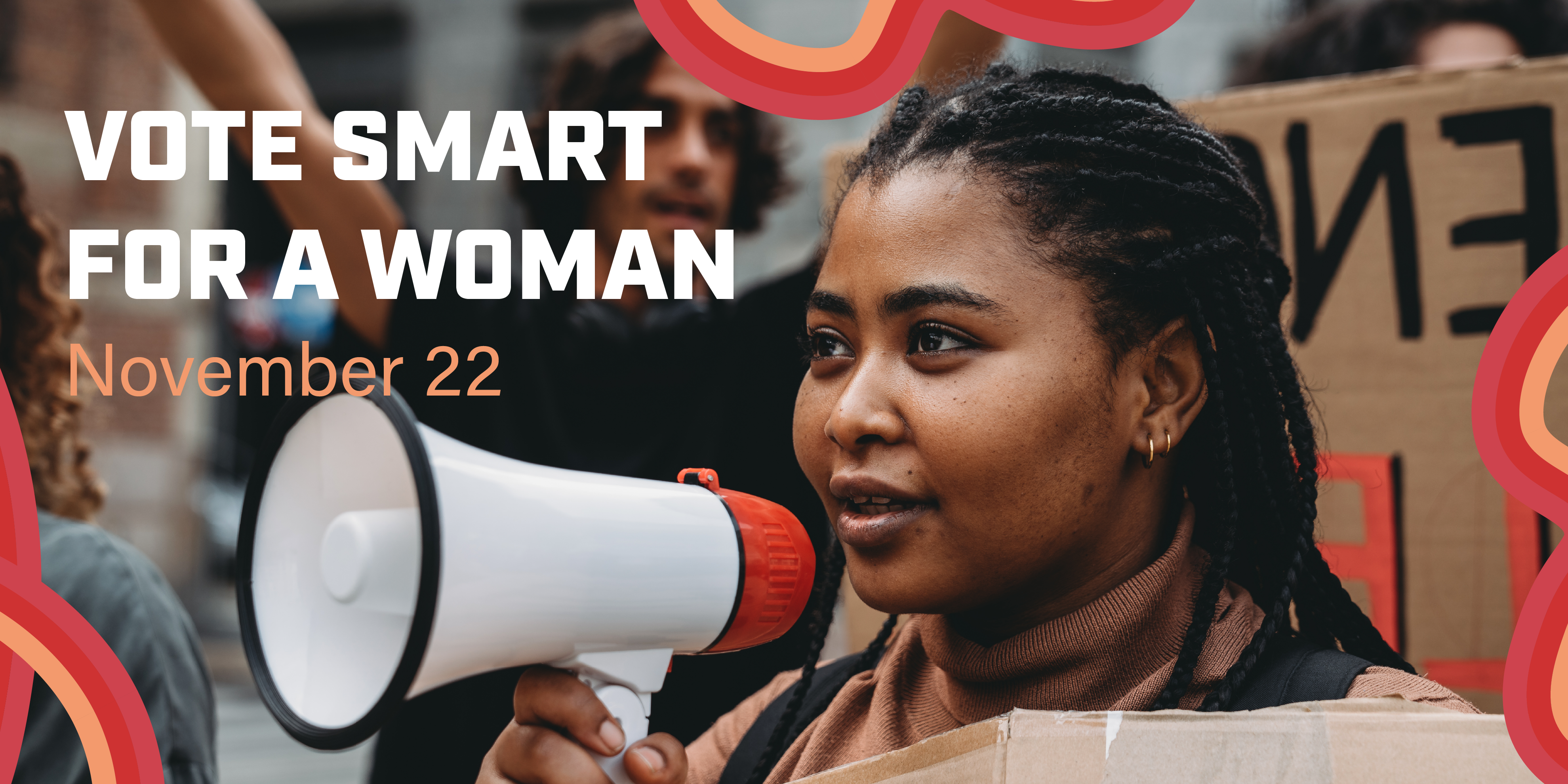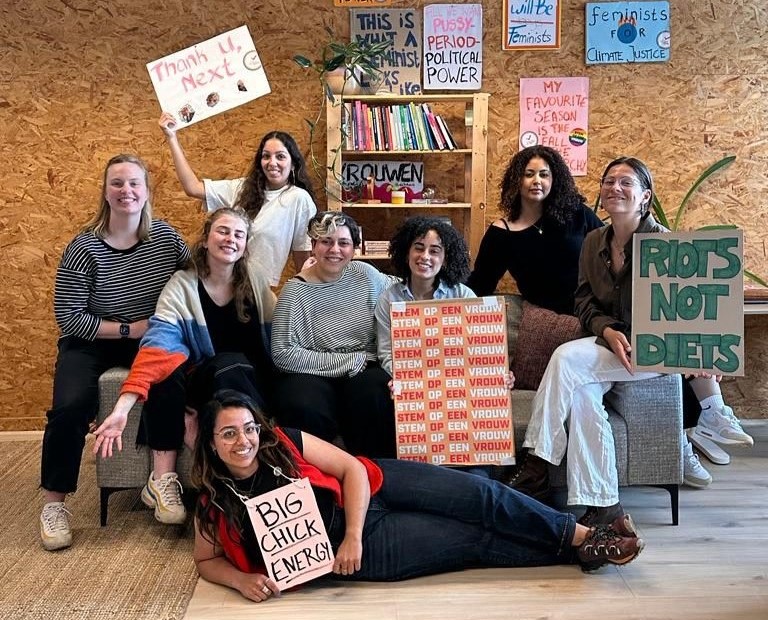
WHO WE ARE
Vote for a Woman is thé organization that is committed to the enhancement of the position of women in politics in the Netherlands.
We are working towards a future where every woman can make her voice heard and every girl can see herself reflected in politicians. By increasing the voice of women in politics, we contribute to gender equality in all facets of society.
WILL YOU VOTE FOR A WOMAN?
STEP 1 RESEARCH
Do you already know which party you want to vote for? With these tips you can delve deeper into what your party stands for when it comes to policy that is important for women, emancipation and human rights.
STEP 2 VOTE FOR A WOMAN
Do you want more women to be elected? Don’t automatically vote for the first woman on the list; thanks to her high position, she often gets elected anyway. Look a little lower, at the women who really need your vote. View our voting strategy below, and delve into all female candidates with our Voting Help.
VOTE SMART
Do you want more women to be elected? Don’t automatically vote for the first woman on the list; thanks to her high position, she often gets elected anyway. Look a little lower, at the women who really need your vote.
In the Voting Help we have made an overview for you of all women candidates per political party. Use the Voting Help: click here.
STEP 1: CHOOSE YOUR PARTY
Which party suits you? Investigate the parties that participate and also view, for example, the Feminist Party Guide and Stem Gendergelijkheid (Vote Gender Equality).
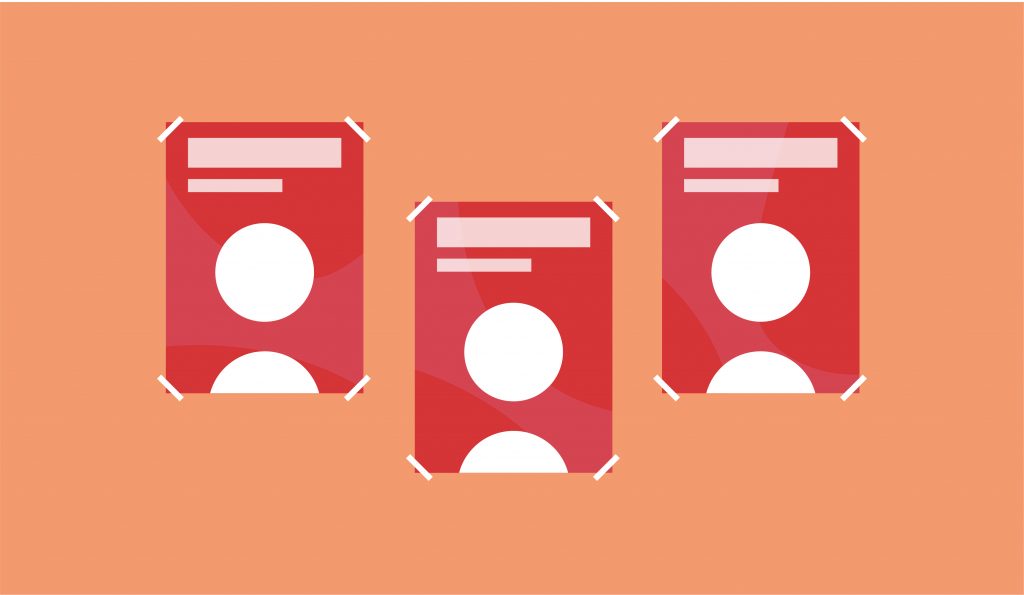
STEP 2: HOW MANY SEATS?
Look at the polls to see approximately how many seats your party is likely to get. You will also find this indicated in our voting help.
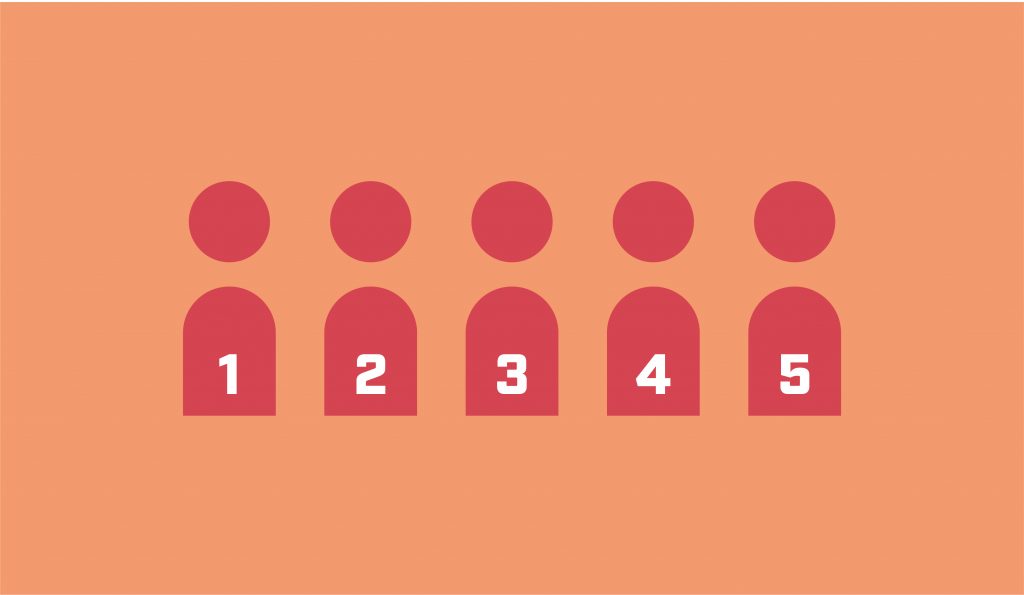
STEP 3: VOTE FOR A WOMAN, LOWER ON THE LIST
For example, is it estimated that your party will get 4 seats? Then vote for a woman from number 4 or lower.
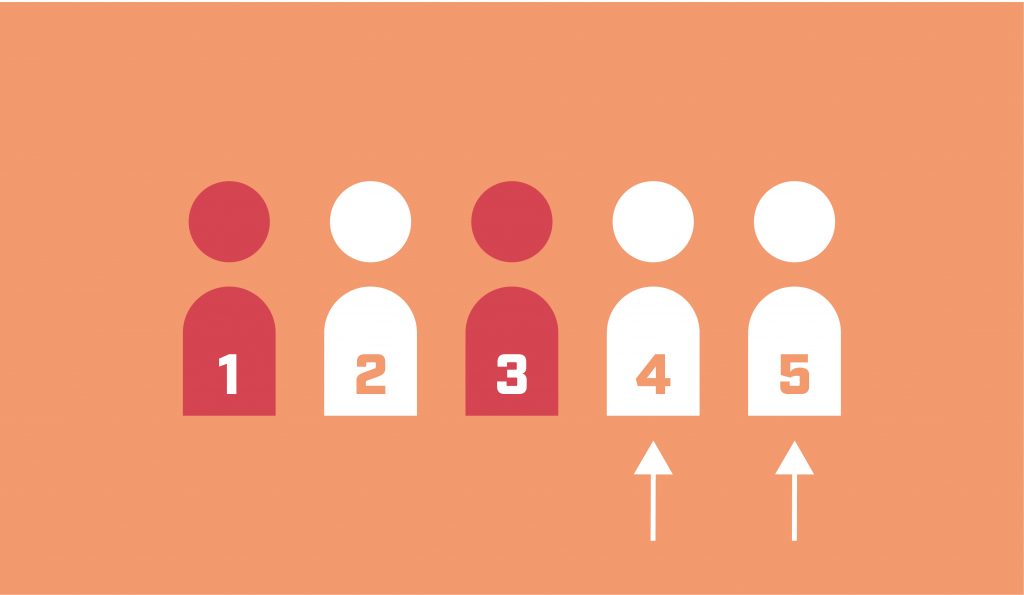
VOTING HELP
In the voting help below you will find the electoral lists of all political parties participating in the elections, with information about all female candidates. Do you want more women to be elected?
Vote smart. The voting help shows approximately how many seats each party will obtain according to the latest polls. The women who are just above the poll, or below the poll, really need your vote to get elected. Vote for a Woman, lower on the list, and vote extra women into politics!
AGENDA
Frequently Asked Questions
Vote for a Woman is committed to improving the political representation and emancipation of women by getting and keeping more women elected and politically active. Vote for a Woman has mainly become known for its voting campaigns, but we are involved in many other things regarding women in politics. For example, we organize training days for female candidates and aspirants. Do we have mentor programs in which we link political talent (f) to politicians (f). And we organize election debates to give female candidates a platform. We also advise political parties on how they can work more inclusively. Finally, we also conduct research into the number of women in politics, and into issues such as what prevents girls and women from entering politics. In other words, we work on our mission taking various ways.
Since the founding of Vote for a Woman in 2017, more than 700 additional women have been elected through our campaigns! In those campaigns we share the tactic of the Preferential vote; by calling on voters to vote for women lower on the list (specifically: lower than the polled number of seats), women could still be elected in “unelectable” places. For example, in the recent Provincial Council and Water Board elections, 34 additional women were elected through preferential voting.
In addition to running successful campaigns, Vote for a Woman has done many other things. For example, we have set up various mentor networks in which political talent (f) is linked to politicians (f). The ‘Vote for a Woman Mentor Network’ has had over 400 participants already.
For more information, visit the page ‘About Us’!
Currently, only 30% of politicians are women. That is a shame, because more Diversity in politics is good for the quality of democracy (1) (1) and for trust in politics (2). When politics is more diverse, politicians make better decisions (3). This is because as soon as more different people participate, more people are taken into account. Examples of the Diversity needed are: people with different cultural backgrounds, LGBTQIA+, young and old, vocational and university graduates, and people with and without disabilities (4).
Moreover, if politics is not a good reflection of the population, groups of people are not heard and political trust decreases (5). And those with less trust in politics, vote less often (6). Ultimately, this means that groups of people have less say in what our society will look like.
By voting and/or becoming politically active, you have influence on the decisions made by politicians. The perspective of diverse women is indispensable in all parts of politics. Whether it concerns accessibility of public transport, youth care, spatial planning such as living spaces for vulnerable groups, or social infrastructure.
Quality is very important, but what quality means differs per person. It is important to vote for someone that you think has the qualities you are looking for. Paying attention to gender does matter: with more women in politics, the quality of politics improves. It enhances the quality of decsions being made (1) in the area of social infrastructure,(2)education, care, family(3), climate(4)and the economy(5). For the quality of decisions it is important that we elect different types of people. This ensures that more people are heard.
Besides, politics has an important role model function(6). If everyone can see themselves reflected in politics, this can have an impact on society as a whole. Greater Diversity in politics has many positive effects (7), such as more trust in politics, greater acceptance of election results and breaking stereotypes about who should be in politics. It is also good for the ambition of young children if they have political role models who look like them.
By voting smart! Don’t automatically vote for the first woman on the list: she often doesn’t need your vote because she is already in a high position. If you want to get more women elected, look a little lower on the electoral list. It is precisely the candidates who are not in the highest position that need your vote to win a seat.
How do you know if you’re looking low enough on the candidate list? You can look at how many seats the party currently has, and you can see whether your party is doing well in the polls. (see here). Suppose your party now has 5 seats and, according to the polls, remains approximately the same size, then it will be exciting for approximately the candidates from position 5 and lower. Those women could really use your vote. If a woman lower on the list receives enough votes, she can still be elected. She will then move higher on the list thanks to the extra votes; if she receives more votes than, for example, a man who has a higher place on the list, but has fewer votes, then the seat goes to her.
This tactic resulted in 3 extra women in the last elections for Parliament!
Above all, find a woman who suits you by delving into the different parties and candidates on the electoral list. In our Voting Helpyou can find all political parties and candidates.
Good to hear you’re considering it! We are happy to help you. Here is a few tips, and make sure to visit our ‘mentor network page’ for more information.
- Apply for the ‘Vote for a Woman – Mentor Network’. This is a party-wide network of female political aspirants and politicians. In the mentor network, women who have doubts about becoming politically active, or who already have concrete political interest and ambition, are linked to female politicians. Would you like to join? Send us an e-mail about who you are and what your ambitions or questions are to mentor@stemopeenvrouw.com
- Look for our latest activities in the agenda. We regularly provide training and organize events that you can join.
- Subscribe to our newsletter to stay informed about our activities.
Thanks to the work of Stem op een Vrouw, hundreds of additional women have been elected to politics, there is more awareness about the subject and we inspire and train more new talent every year. This is paying off: many people have started voting smarter and political parties are increasingly putting more women on the electoral list. Although many successes have already been achieved, our work is not finished yet. Thanks in part to our donors, we can continue our work and get closer to the goal of making all women feel politically heard. With your contribution we can reach more people and make more impact. Will you join us? Donate from as little as 1 euro!


